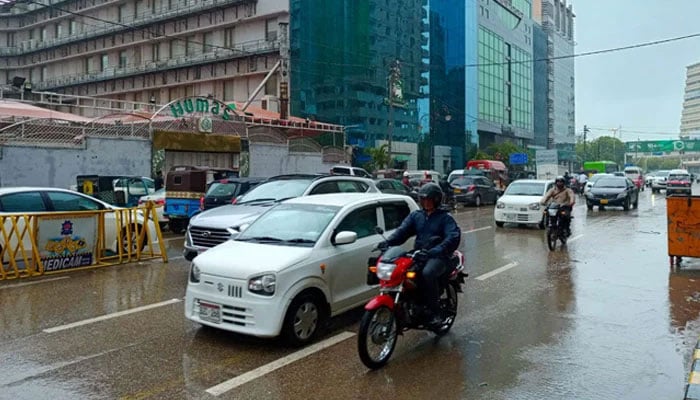US
Agriculture tax
字号+ Author:Smart News Source:Sports 2025-01-14 02:52:08 I want to comment(0)
THE Punjab government has taken the lead in amending its agricultural income tax law, bringing existing AIT rates for individuals and businesses at par with federal income tax rates. The bill, by the provincial assembly, also brought earnings from commercial or “income-generating” livestock into the ambit of AIT and rescinded , such as the ones enjoyed by farmers with landholdings of less than 12.5 acres and absentee landholders — unless their annual income is below the tax threshold of Rs600,000. The changes also propose stringent and hefty penalties for defaulters. The amendments to the tax regime, do away with a big loophole for tax evasion, and meet the demand of economists, the corporate sector and other stakeholders to effectively tax farm incomes. Successive governments had baulked at the idea because of the clout of large landholders until the IMF made it a of its new $7bn programme. “…[T]he provinces will take steps to increase their own efforts … [on] agriculture income tax. …[A]ll provinces are committed to fully harmonising their [AIT] regimes through legislative changes with the federal personal and corporate income tax regimes and this will become effective from Jan 1, 2025,” said the lender, following the with Pakistan in July. Other provinces, especially Sindh, are expected to make the required changes in their farm income tax regime in the next several weeks to meet the IMF deadline. That said, the passage of the amendments to the law was the easier part. The harder part is their implementation, which starts from the beginning of the next fiscal year. For starters, the provinces — and even the FBR — have limited capacity to correctly assess farm incomes and collect tax accordingly. Besides, a large part of the agriculture market functions outside formal banking channels, and transactions are conducted in cash. Calculation of the true value of farm output will require capacity building of tax officials. Second, the responsibility of and tax recovery is assigned to revenue officials like patwaris who are notorious for their corruption. The land revenue law of 1967 gives enormous powers to revenue officials to penalise and detain defaulting farmers for up to 40 days. Smallholder farmers, who hardly have taxable incomes, fear this could be used by revenue officials and politicians from ruling parties to twist the arms of their opponents. The amendments made in the farm income tax law are crucial to make the system equitable in addition to boosting our abysmally low tax-to-GDP ratio of below 10pc. Nevertheless, it is critical to ensure that tax collectors are trained well and provided the tools to correctly assess farm incomes, build systems to plug loopholes for corruption and extortion, and prevent the use of political clout.
1.This site adheres to industry standards, and any reposted articles will clearly indicate the author and source;
 Related Articles
Related Articles-
Wonder Craft: Paper petal vase
2025-01-14 02:50
-
Abortion is on the ballot in nine states and motivating voters across the US
2025-01-14 02:27
-
Kobe end Gwangju’s perfect start to go top in Asian CL
2025-01-14 01:44
-
Pakistan look to keep ODI series alive against Australia
2025-01-14 00:54
 User Reviews
User Reviews Recommended Reads
Recommended Reads Hot Information
Hot Information- Physical remand of TikToker extended
- Election official: four Arizona locations received ‘unsubstantiated’ bomb threats believed to originate in Russia
- ‘Counterproductive’ road carpeting scheme launched in Gujrat
- Stop protecting the sacred cows
- Man shot dead in DI Khan
- Why early vote counts in swing states ‘might be misleading’
- Erdogan, Cyprus president have coffee in rare encounter
- When will we know who won?
- Meghan Markle's Netflix show to be postponed amid LA wildfire crisis
 Abont US
Abont US
Follow our WhatasApp account to stay updated with the latest exciting content













